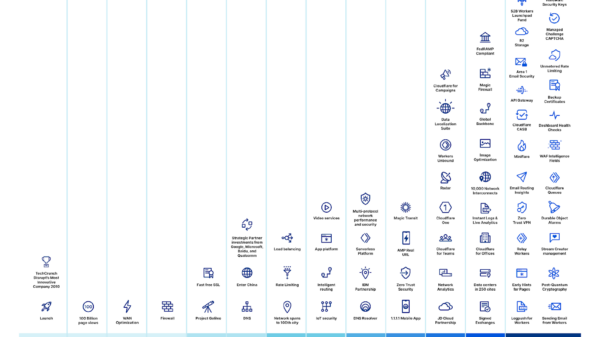Network security is a critical component of any organization’s IT infrastructure. It protects sensitive data from unauthorized access, use, disclosure, disruption, modification, or destruction. There are many different aspects to network security, including firewalls, intrusion detection systems, antivirus software, and data encryption.
Advantages of Network Security
There are many advantages to implementing network security measures. Some of the most common benefits include:
- Data protection: Network security helps to protect sensitive data from unauthorized access. This can include financial information, customer data, intellectual property, and other confidential information.
- System availability: Network security can help to prevent unauthorized users from disrupting or disabling critical systems. This can help to ensure that systems are always available for business-critical operations.
- Compliance: Many industries are subject to regulations that require them to implement certain security measures. Network security can help organizations to comply with these regulations and avoid costly fines.
- Reputation protection: A data breach can damage an organization’s reputation and lead to lost customers and revenue. Network security can help to reduce the risk of a data breach and protect an organization’s reputation.
Disadvantages of Network Security
While there are many benefits to implementing network security, there are also some potential disadvantages. Some of the most common disadvantages include:
- Cost: Network security can be expensive to implement and maintain. The cost of network security can vary depending on the size and complexity of the organization’s network.
- Complexity: Network security can be complex to implement and manage. This is especially true for large organizations with complex networks.
- Inconvenience: Network security can sometimes inconvenience users. For example, users may have to change their passwords frequently or be required to use two-factor authentication.
- Security vulnerabilities: No security system is perfect. There is always the possibility that a security vulnerability will be discovered that could allow unauthorized access to a network.
Conclusion
Network security is an important part of any organization’s IT infrastructure. It can help to protect sensitive data, prevent unauthorized access to systems, and comply with industry regulations. However, network security can also be expensive, complex, and inconvenient. Organizations should carefully consider the costs and benefits of network security before implementing any security measures.
Here are some additional things to consider when evaluating the pros and cons of network security:
- The size and complexity of your organization’s network.
- The type of data that your organization collects and stores.
- The industry that your organization operates in.
- The budget that your organization has available for network security.
- The level of risk that your organization is willing to accept.
By carefully considering all of these factors, you can make an informed decision about whether or not to implement network security measures.

















